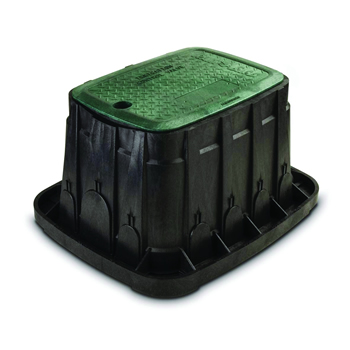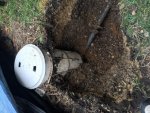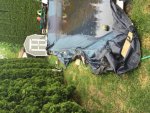Re: Digging up pipes & starting over: all new PVC, pump, filter, skimmer, heater, etc
The PB said he would put flex PVC in if that's what I really wanted, but he wouldn't guarantee/warranty it. There's part of me thinks "since we're already doing the trench work, why not just go ahead and lay in & connect our own 2" flex PVC, leaving the PB some stubs to work with at the pad?"
I know the PB is going to mark things up, and I get that that is how they stay in business. Being charged $400 for poly pipe when flex PVC would cost me about $500 for 200 ft is a bit tough to stomach, especially when other PB's might be charging $200 or less for poly pipe. I might be even more annoyed if I knew how much it would cost to buy poly pipe myself... LOL
Yeah, I'd really rather be doing this all myself. After our replacement/upgrade pool motor blew up twice last year, with $300+ literally going up in smoke, my wife wants warranties on the gear we're wanting. Now that we're talking $3000+ in equipment, I can see her point, notably on the heater. Definitely don't want THAT to stop working.None of those numbers sound all too crazy. I'm a huge DIY kind of person, I went so far as to act as the general contractor on my own house. When looking at material for what you can buy it for and what a contractor charges you for its never really an apples to apples comparison. I had a very honest foundation contractor who told me flat out if I ordered the concrete it would cost me X amount. If he ordered the concrete for me it would cost me X amount plus about 20% for his mark up. Same concrete from the same delivery truck. Its rough to pay a lot of money for work you think you might be able to do. If you've gone as far as to dig the trench I'm sure you like to tackle things yourself.
The PB said he would put flex PVC in if that's what I really wanted, but he wouldn't guarantee/warranty it. There's part of me thinks "since we're already doing the trench work, why not just go ahead and lay in & connect our own 2" flex PVC, leaving the PB some stubs to work with at the pad?"
I know the PB is going to mark things up, and I get that that is how they stay in business. Being charged $400 for poly pipe when flex PVC would cost me about $500 for 200 ft is a bit tough to stomach, especially when other PB's might be charging $200 or less for poly pipe. I might be even more annoyed if I knew how much it would cost to buy poly pipe myself... LOL




